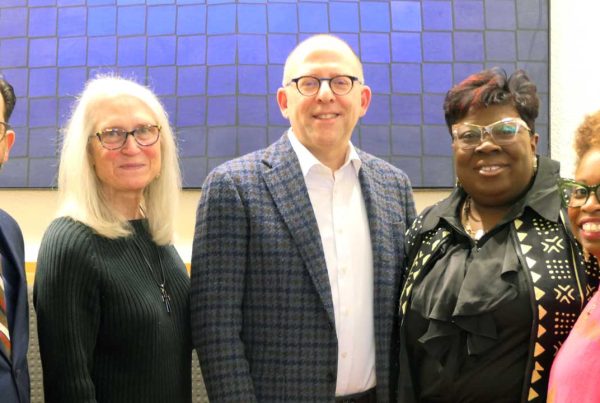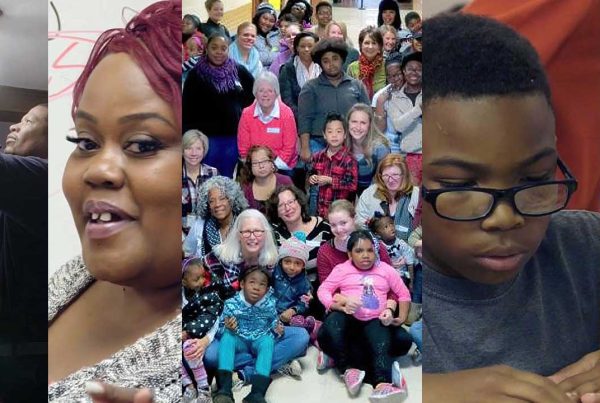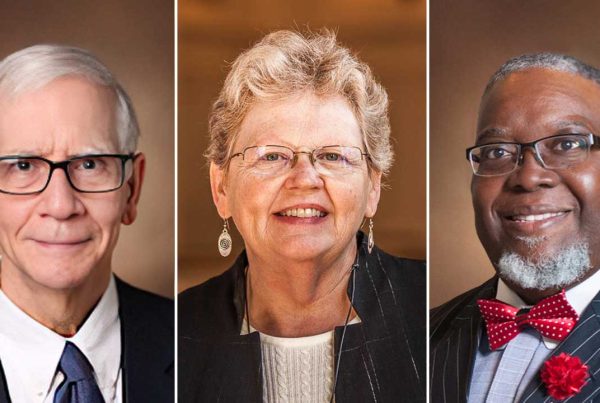
The United States appeals to many outside its borders as a land of opportunity. Many parents brought their children here for a future that seemed otherwise out of reach, and they have become a rich part of our nation’s fabric. The Deferred Action on Childhood Arrivals (DACA) program was created to offer a path to legal residence for these children and has allowed countless young people to flourish as students, teachers, veterans, employees, employers, community leaders and church leaders. DACA is necessary to ensure the well-being of many vulnerable members of our nation’s youth.
For those reasons, alongside the ethical injunction for religious traditions – especially Judaism, Christianity and Islam – to welcome the stranger, we strongly oppose the President’s decision to end DACA. Immigration policy is often complicated but this issue is not.
As followers of Jesus Christ, we often struggle with the notion of borders and we refuse to consider any person illegal. We believe in a God who defends to cause of the immigrant (Deuteronomy 10:18-19), and we are committed to loving the immigrant – not only the neighbor – as ourselves, for we must all acknowledge that we were once strangers in a foreign land (Leviticus 19:34). As a seminary, we welcome all who seek to be disciples of Jesus Christ for church and community leadership to serve God’s transforming of the world. We respect the law of the land while we work for justice on behalf of the most vulnerable in our midst (Matthew 25:31-46).
We call on Congress to preserve DACA and the cause of the thousands of young people it defends.
Rev. Dr. Bill Kincaid
Interim President and Herald B. Monroe Associate Professor of Leadership and Ministry Studies
Dr. Leah Gunning Francis
Vice President for Academic Affairs and Dean of the Faculty, and Associate Professor of Christian Education and Practical Theology
Image By Slowking4 (Own work) [GFDL 1.2], via Wikimedia Commons





